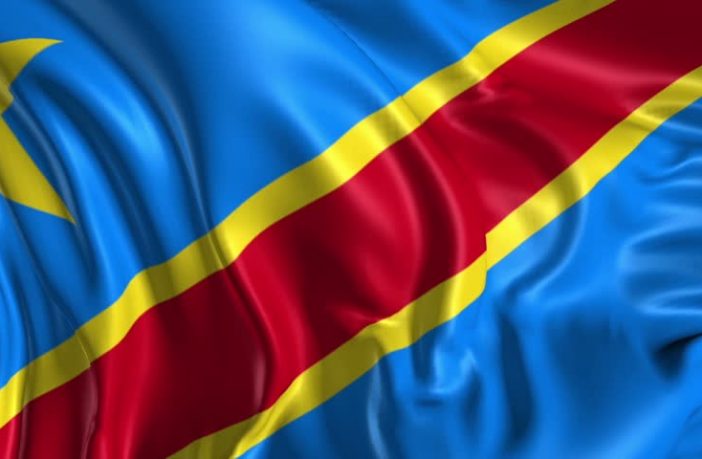- The partnership aims to provide energy access for small businesses, schools and other organisations in Goma.
- The first connection is a local school, Kivu International School.
- The technology provides sustainable energy in off-grid settings, combining solar energy, battery storage and diesel generation to ensure a reliable electricity supply.
BBOXX, a venture backed company developing solutions to provide affordable, clean energy to off-grid communities in the developing world and General Electric (GE) have launched a partnership to provide energy access for small businesses, schools and other organisations in Goma, Democratic Republic of Congo (DRC).
A large number of businesses and organisations across the DRC are currently without sufficient energy access. Many are paying excessive amounts for diesel and have to dedicate considerable time to solving problems caused by unreliable supply. This is hindering economic growth and acting as a barrier to improving the quality of life in one of the least developed nations in Africa.
BBOXX has deployed the first of GE’s Hybrid Distributed Power (HDP) systems in the city of Goma, close to the Rwandan border, to connect up to 10 customers. The first is a local school, Kivu International School. More customers will be added to the ‘mini-grid’ over the following weeks.
GE’s HDP technology provides sustainable energy in off-grid settings, combining solar energy, battery storage and diesel generation to ensure a reliable electricity supply.
The systems will be linked between GE’s Predix digital remote monitoring and diagnostics platform to BBOXX’s cloud-based Pulse platform in the near future. This pioneering technology proactively troubleshoots issues with any system before they become a problem for customers. Pulse uses big data and predictive analytics to help improve customer service and provide a deep understanding of customer behaviour.
The partnership forms part of BBOXX’s strategy to improve access to vital utilities for customers with a range of needs, from small solar home systems of 50W in rural communities to businesses in urban areas with higher energy demands of 0.5kW to 5.0kW, and beyond. GE’s HDP system in Goma is capable of delivering up to 30kW.
“Many businesses and small organisations in the DRC, and across the developing world, do not have a reliable, affordable way of maintaining electricity supply. Hybrid distributed power and micro-grid technology provide one solution to solve this pressing problem by delivering an on-grid experience in an off-grid setting,” said Mansoor Hamayun, CEO and co-founder of BBOXX.
“We look forward to working with our technical partners in the future to supply energy and other utility services to more customers across the distribution mix, from small rural homes through to urban SMEs and public institutions, improving productivity and powering economic growth.”
“We are excited to partner with BBOXX to enable energy access in the DRC. GE’s Hybrid Distributed Power system offers flexibility to deliver fast, reliable power with a digital backbone found in utility-scale power plants,” said Brian Selby, managing director of licensing at GE.
Author: Ashley Theron
This article was originally published on ESI Africa and is republished with permission with minor editorial changes. Link to original















